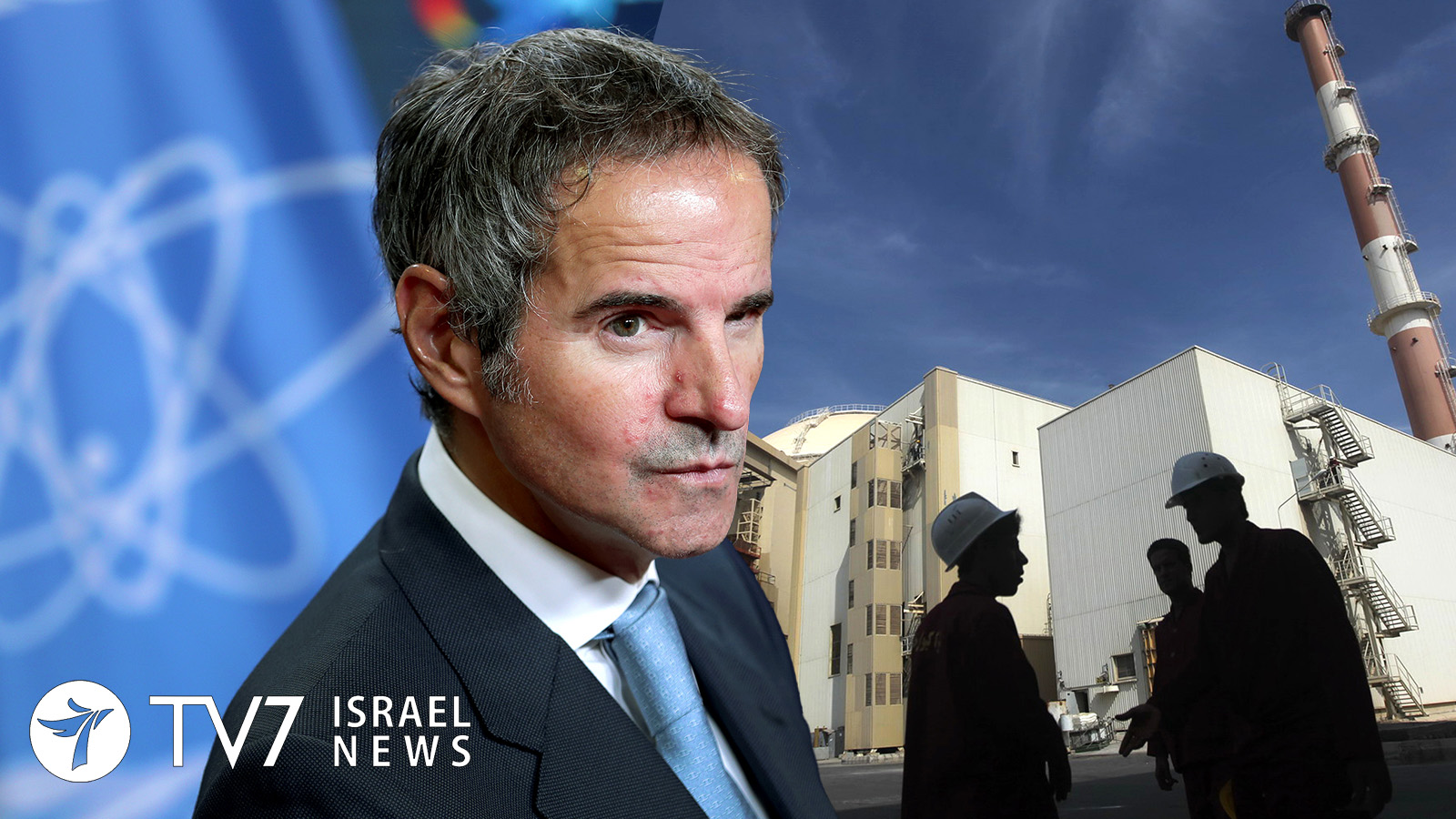The International Atomic Energy Agency (IAEA) accused Iran of blatantly lying to the agency over its nuclear activities.
The United Nations nuclear watchdog and the United States pressured Iran on Wednesday to finally explain the origin of uranium particles found nearly two years ago at an undeclared site that Israel branded as a “secret atomic warehouse.”
Israeli Prime Minister Benjamin Netanyahu drew attention to the Turqazabad site in Tehran during an address to the United Nations in September 2018, calling on the IAEA to inspect it. He said secret Israeli agents clandestinely seized part of an Iranian “archive” of its past nuclear work.
The Islamic Republic objected to use of that archive material, denouncing “attempts to open an endless process of verifying and cleaning-up of ever-continuing fabricated allegations.” While insisting that it has never sought to weaponize nuclear energy, it claimed the suspected site to be merely a carpet-cleaning facility.
But an IAEA report last week said further analysis of the Turqazabad samples collected by inspectors in February 2019 found “isotopically altered particles of low enriched uranium.” Similar particles were found in Iran in the past, linked to secretly imported centrifuge components originally from Pakistan, it added.
“Whatever nuclear material left such traces was very likely enriched or irradiated,” the United States said in its statement to the board. “This raises a whole new series of questions about where such material came from and what Iran may still be hiding. It should be of the utmost concern to all Board members.”
The Vienna-based U.N. watchdog has been pressing Iran for answers on the origin of those traces since that time, while maintaining that only part of the explanations they have received have been viable.
“What they are telling us from a technical point of view doesn’t add up, so they need to clarify this,” IAEA Director General Rafael Grossi told a news conference during a quarterly meeting of his agency’s 35-nation Board of Governors.
“The Agency continues to verify the non-diversion of nuclear material declared by Iran under its Safeguards Agreement. The presence of multiple uranium particles of anthropogenic origin, including isotopically altered particles, at a location in Iran not declared to the Agency still needs to be fully and promptly explained by Iran to allay any possible concerns about the correctness and completeness of its safeguards declarations,” he said, adding, “Evaluations regarding the absence of undeclared nuclear material and activities in Iran continue.”
The IAEA chief continued, “This issue has been ongoing for quite a while already, you can even – depending on the metrics you want to choose – it is almost two years since this (undeclared nuclear material) traces were found for the first time and then there was a process of exchanges with Iran and the latest information we got them, as I said, what technically not credible,” he said.
“So this is why, now, we are saying – perhaps I don’t know if we can call about patience or impatience, but we believe that they need to give us information which is credible. What they are telling us from a technical point of view doesn’t add-up. So, they need to clarify this. And, given the time this has taken in this matters, you know, this is not an academic exercise,” Grossi stressed, underscoring that the Iranians “need to explain why we found what we found. And the explanations have not been satisfactory.”
The nuclear watchdog chief further highlighted that while – based on the knowledge of the IAEA – they do not expect a sudden jump of uranium enrichment. However, he underscored that the Islamic Republic is in breach of the 2015 Joint Comprehensive Plan of Action (JCPOA) nuclear agreement with six world powers.
“It is already, of course, beyond the limitations of the JCPOA but in general terms, there is no significant increase in the volumes since I mentioned, they had already been operating in a different place. It is a nuance there (Natanz), but of course, it is something that it’s not within the limits of the JCPOA,” he said.
Iranian Foreign Minister Mohammad Javad Zarif responded to the allegations by attempting to justify his country’s nuclear program activities by setting a pre-condition for Tehran’s compliance, saying that ‘If the United States meets its obligations under UN Security Council Resolution 2231, the Ayatollah regime will fulfill its own obligations under the JCPOA’ – in complete disregard of the remaining members of the multilateral agreement, including China, Russia, Germany, Britain and France.
Iranian President Hassan Rouhani responded to the latest anti-regime sanctions imposed by Washington yesterday with claims the Trump Administration “is a spiteful and criminal government that committed crimes against Iran and all independent nations.”
Rouhani, who technically serves as the chief state adviser to the Supreme leader Ali Khamenei, claimed that the newly imposed U.S. sanctions were in-fact for legitimate events to thwart disruptive activities within Iran itself, which were – according to Rouhani – initiative by the United States.
“The Americans sought to create social tension in our country and disrupt internal security, but they failed 100% in all their goals. Of course, they put pressure on (the Iranian people and made some problems for people,” he said.
Despite repeated statements by Iran’s top political and military brass that the United States should not be trusted, Rouhani appeared convinced that President-elect Joe Biden would reverse course. “The new government in America will return to the conditions (of JCPOA), as they complied before. Of course, the previous governments did not follow all the rules, but this last one was a rebel. So they will return to those conditions, and those conditions can turn the tide. That is, we are gradually moving from the space of threat to the space of opportunity,” he stressed.
